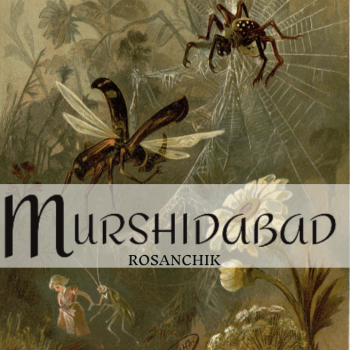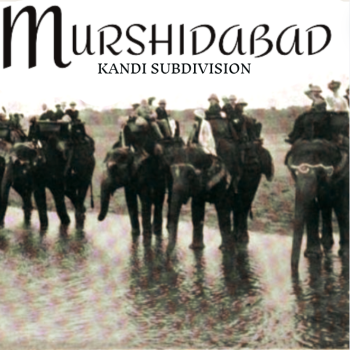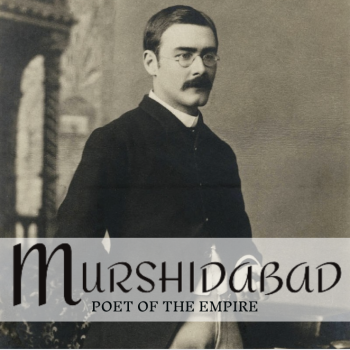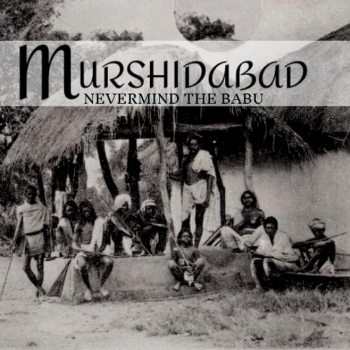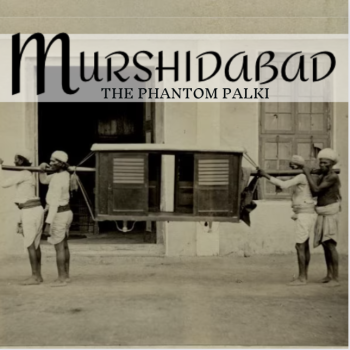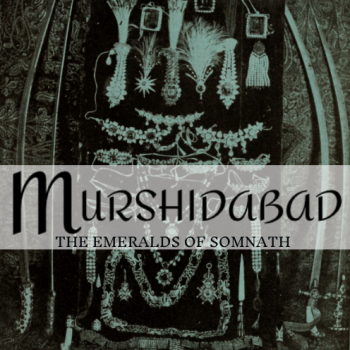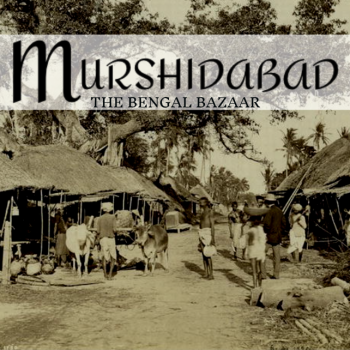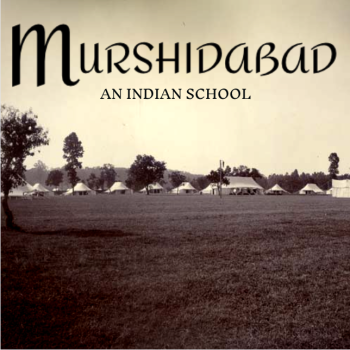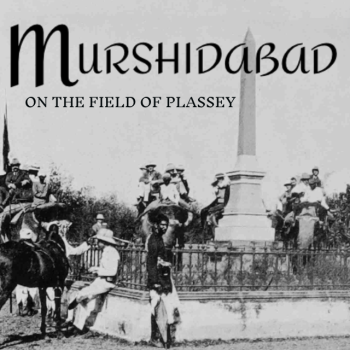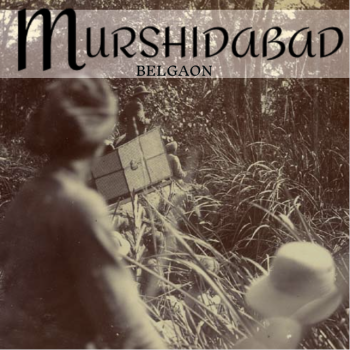ROSANCHIK Vera Johnston. January 6 & January 19, 1890. (January 6, 1890) There is a little portrait of mother and the Solovyev album with all of you on the tables. Personally, between us, I often think that Valya had nothing more to do since he began to wither, but his consciousness, his soul, wanted to stay for us all, and did so while vitality remained in his body. When he was very small, his soul was not taxed, and... Read more


